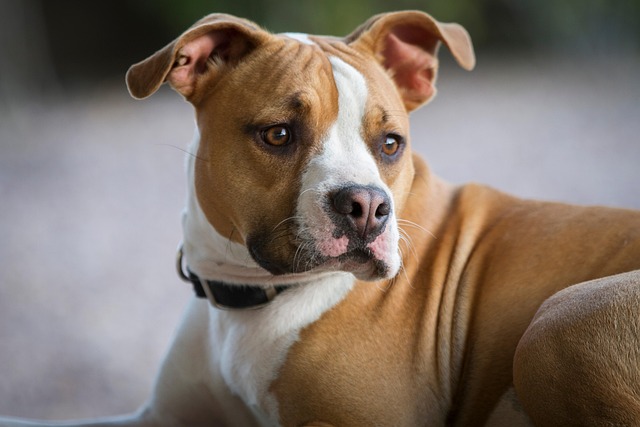
How do i train my dog to be obedient?
Watching your dog dart across the park ignoring your calls isn’t just frustrating—it can put them at risk near busy streets or public spaces.
Having a Shiba Inu bounding around your home like a burst of energy, but their strong-willed nature can turn simple training into a battle of wits. Disciplining these spirited pups requires more than just commands—it’s about understanding their instincts and building trust, all while staying within the boundaries of animal welfare laws that protect your furry friend.
First things first: ditch the idea of punishment-based training. Yelling, pushing, or using physical force not only violates anti-cruelty regulations in most regions but also erodes the bond between you and your Shiba. These dogs respond poorly to aggression; instead, they thrive on positive interactions that make training feel like a fun game.
Positive reinforcement is your secret weapon. Stock up on high-value treats like small pieces of cooked chicken, bits of cheese, or freeze-dried liver. When your Shiba exhibits good behavior—whether it’s sitting quietly instead of jumping on guests or coming when called—immediately reward them with a treat and enthusiastic praise. The key is to catch them in the act; timing is everything in reinforcing the right actions.
 Consistency is non-negotiable. Use the same command words and hand signals every time, and ensure everyone in the household follows suit. A confused Shiba is more likely to ignore you, so clear communication across the board helps them understand what you expect. Whether it’s “sit,” “stay,” or “come,” repeating the cues in a calm, firm voice builds familiarity over time.
Consistency is non-negotiable. Use the same command words and hand signals every time, and ensure everyone in the household follows suit. A confused Shiba is more likely to ignore you, so clear communication across the board helps them understand what you expect. Whether it’s “sit,” “stay,” or “come,” repeating the cues in a calm, firm voice builds familiarity over time.
Redirect unwanted behavior rather than punishing it. If your Shiba starts chewing on your favorite shoes, quickly swap the shoe for a durable chew toy and praise them when they start gnawing on the appropriate item. This teaches them what’s acceptable without creating fear or resentment. Remember, chewing is natural for dogs, and providing suitable outlets is part of responsible pet ownership.
Leash training is crucial for Shiba Inus, whose prey drive can send them darting after squirrels or birds. Invest in a well-fitted harness that distributes pressure evenly and start with short, controlled walks. When they pull, stop walking and wait for them to relax. Once the leash goes slack, resume the walk and reward their calm behavior. This gentle approach reinforces that loose leash walking gets them where they want to go.
Crate training can also help with discipline. Make the crate a cozy, inviting space with soft bedding and a favorite toy. Use it as a safe haven during meal times or when you need to leave your Shiba alone. Over time, they’ll associate the crate with comfort rather than confinement, reducing anxiety and preventing destructive behavior when unsupervised.
Finally, keep training sessions short and engaging. Shiba Inus have short attention spans, so 10 - 15 minute sessions a few times a day work better than long, drawn-out drills. Mix up the activities, incorporating tricks, games, and commands to keep them interested. With patience, consistency, and a whole lot of love, you’ll transform your feisty Shiba into a well-behaved companion that brings joy to every moment.

Watching your dog dart across the park ignoring your calls isn’t just frustrating—it can put them at risk near busy streets or public spaces.

New puppy owners often find themselves rushing to clean up accidents before they set in, and that’s where puppy pad training becomes a game-changer.

If you've noticed your dog's waistline disappearing and your veterinarian has mentioned those few extra pounds, your first instinct might be to simply reduce the amount of food in their bowl.

Training a dog to use a designated spot indoors isn’t as daunting as many new owners fear, but it does take consistency and an understanding of your pet’s needs.

That moment of dread on a walk is all too familiar for many new dog owners. You see another dog approaching down the sidewalk of your neighborhood

If the sight of another dog on your neighborhood walk makes your heart sink as your own dog erupts into a frenzy of barking and lunging, you're not alone.